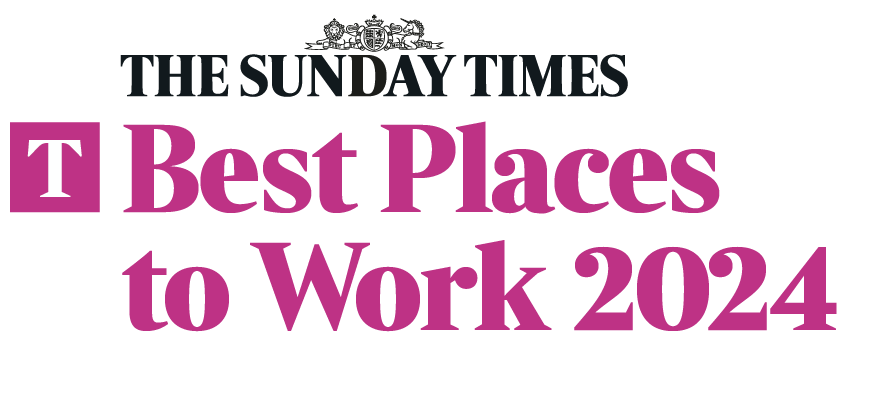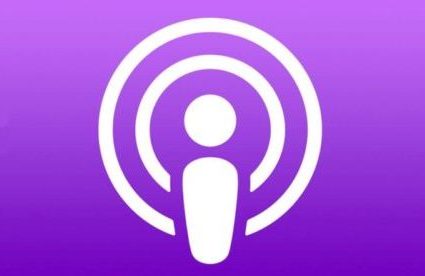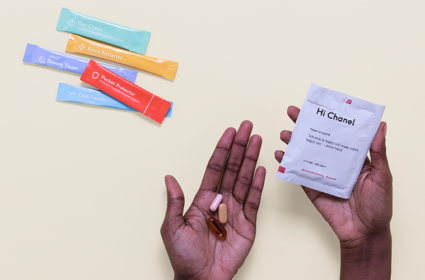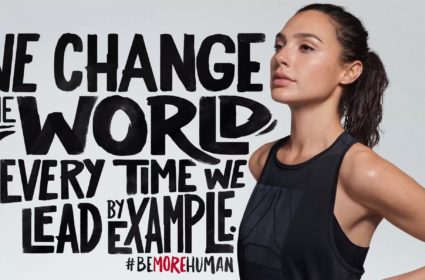As the UK’s NHS turns 70, what does the future of Health look like?
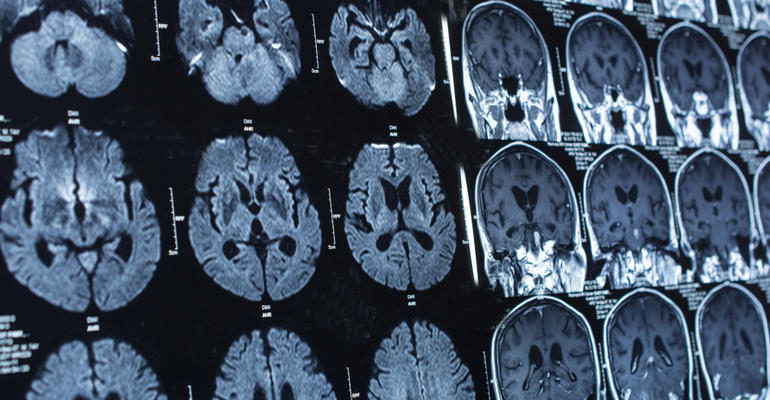
This week we’ve been reading all about health technology and a few revealing insights have caught our eye…
This week celebrates the 70th Birthday of the NHS, the National Health Service, in the UK. Founded by Aneurin Bevan in 1948, it is now the largest employer in Europe and the biggest integrated health system in the world.
However, mounting pressure on the NHS driven by economics and changes in lifestyle and longevity, has created an increased need for innovation – streamlining services, increasingly efficiencies and reducing costs. There is a growing demand for health services to better treat and manage lifestyle related diseases like obesity with medicine moving to early stage diagnosis, with a focus on prevention rather than treatment. Health Technology, or Digital Health, is emerging as one very important solution.
What is Health Technology and why is it important?
As defined by the World Health Organisation (WHO), Health Technology is quite simply the use of devices, medicines and vaccines to solve health problems and improve quality of life. While the sector is still relatively small (in comparison with financial technology), advances in machine learning and data analytics means that the sector is growing very quickly. According to PUBLIC, the health technology market was worth £23bn in 2014, and is expected to almost double to £43bn this year. All of the big tech players – Google, Apple and Facebook – are investing into health technology. Considering that healthcare makes up 10% of the global economy – there is huge potential for innovation within this space.
Technologies like artificial intelligence, biotechnologies, genomics and cloud computing have application in diagnosis, pathology, radiology as well as in treatment. These technologies are not only streamlining access to services and assisting human doctors – saving both time and money for patients and health systems alike – but, as you will see in the examples below, some are even more accurate than human doctors in diagnosing illness and disease.
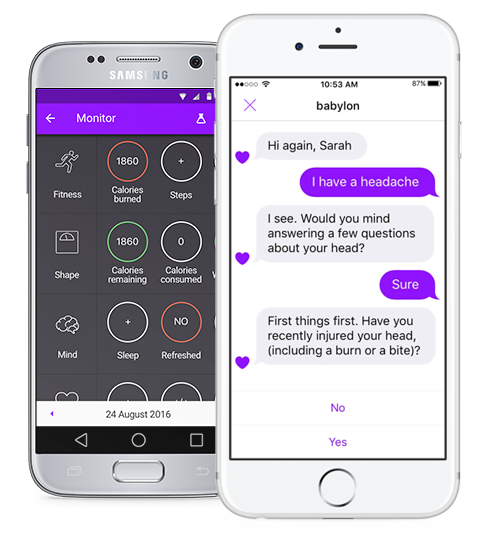
Babylon Health app
Better than the Average Doctor
A very good example of diagnostics in healthcare is Babylon Health. Founded in 2013, Babylon Health acts like an ‘online GP/MD’. It is a subscription health provider enabling users to have virtual consultations with doctors via text and video. The app uses an AI chatbot as a diagnostic tool. In November last year, Babylon released the GP at Hand app in partnership with the NHS, becoming the first health service in the world to offer free 24/7 healthcare via a mobile phone. Last month, the app released a white paper claiming that its AI bot achieves equivalent accuracy as human doctors.
AI is also being used in the detection of different cancers, and many researchers suggest that it is now better at detecting cancer than human clinicians. Google’s DeepMind is using AI to analyse CT and MRI scans from cancer patients, to create an algorithm to distinguish cancerous cells from healthy ones. DeepMind is currently working with Imperial College London using AI-based techniques to improve the accuracy of breast cancer screening.
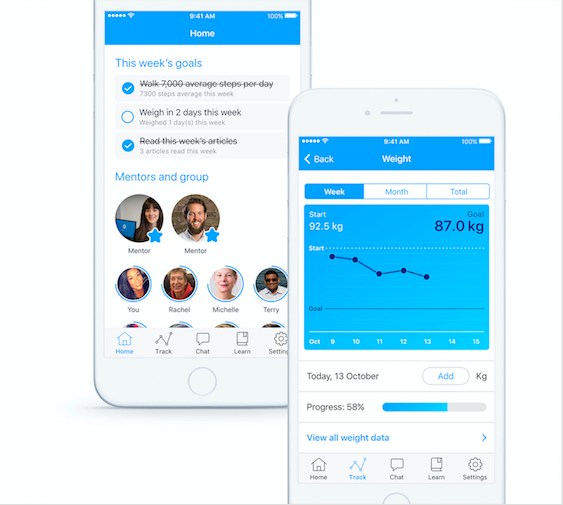
Our Path app
Next Generation Treatment
Not dissimilar to the technology used for Babylon Health, there are an increasing number of applications using AI and chatbots to help treat lifestyle diseases with Cognitive Behavioural Thearpy (CBT), focusing on behaviour change. In particular, there is a range of AI mental health apps which are fulfilling the short-term therapy needs of an increasing number of people struggling with mental health issues.
One which particularly stands out is Woebot. Woebot is a chatbot grounded in CBT which seeks to break down common barriers to support such as stigma or a lack of financial resource. The app uses a range of positive psychology and CBT techniques to reframe negative thinking, with experienced clinicians writing each script, using AI to learn from user conversations and patterns of negative thinking.
Another interesting digital health app is OurPath. This app hopes to save the NHS £500mil in the next decade by tackling two of the biggest health issues facing the UK: obesity and type two diabetes. Our Path combines behavioural change techniques and monitoring with smart scales and an activity tracker to help people loss and maintain weight loss.
The Human Experience (HX) learnings?
As healthcare is increasingly digitalised it is not only democratising access to care but changing the scope of treatment. There is a shift from pharma-based treatments towards preventative medicine, which involves monitoring, self-care and health management. Given that healthcare is 10% of the global economy and considering the recent growth in digital health it is clear there is enormous opportunity for disruption in this sector – and smart technology is very much leading the way.

